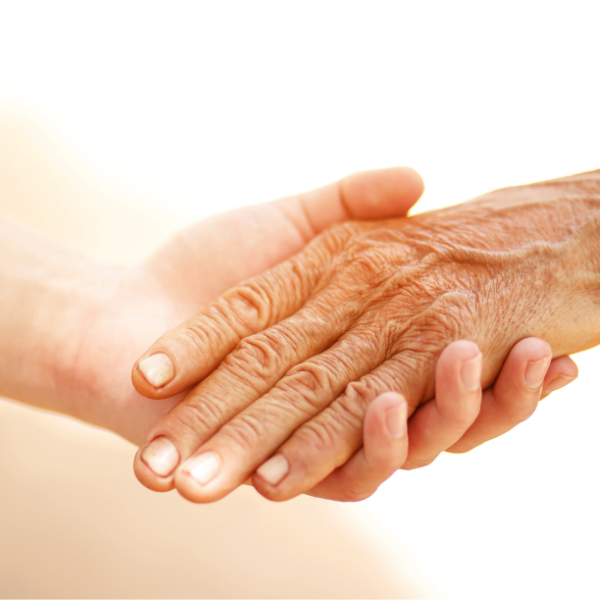
- Spend quality time with your clients: Make sure to take the time to genuinely spend time with your elderly loved one. Whether it’s reading a book out loud before bed, taking a stroll around the neighbourhood, or anything else that they enjoy, taking the time to develop a relationship with them will not only be greatly appreciated but will help to strengthen the bond that you currently have.
- Develop appropriate exercise and nutrition plans: Make sure to consult your elderly loved one’s doctor to create a plan of regular exercise and nutrition that is suitable for their age and health. It’s important to note that you should be patient and kind as they may find it difficult to get used to.
- Include your clients in decision-making: To avoid feeling isolated or ignored, it is important for your elderly loved one to feel included when it comes to decision-making. This could vary from something as simple as what to have for dinner to their healthcare decisions.
- Have realistic expectations: As your elderly loved one ages, health and cognitive decline can occur. It is important to have realistic expectations when it comes to what you expect from them.
- Monitor mobility: It is important to monitor their level of mobility and take any necessary steps that are required to maintain or improve their abilities. This could include visiting physical therapists or even purchasing mobility aides like walkers or wheelchairs.
- Provide caregiving assistance: If your elderly loved one requires caregiving assistance, there are many options available. You could look into assisted living or even hiring home care providers. Remember to do your research and find the right fit for your individual situation.